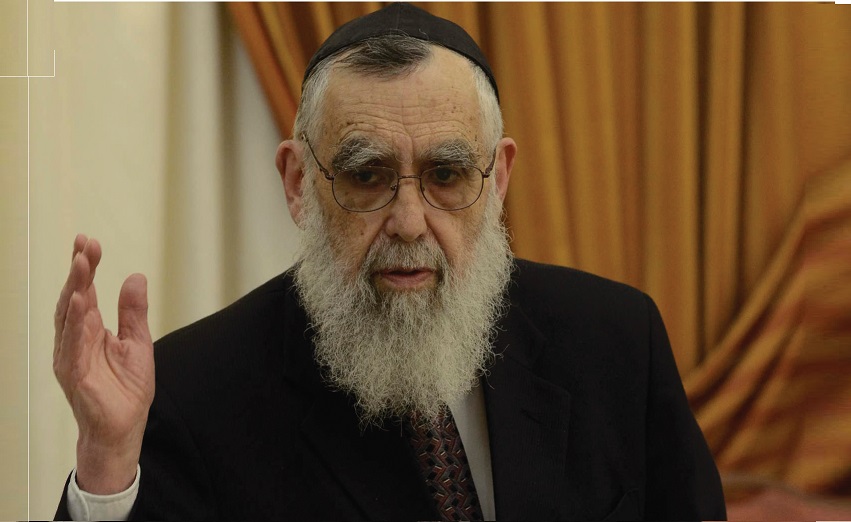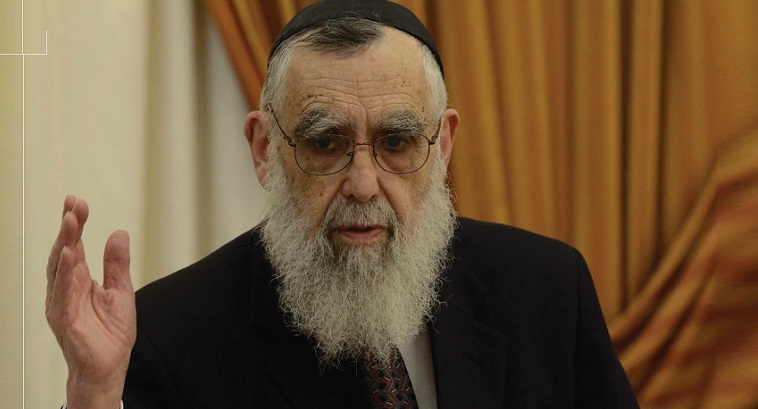A Heart Transplant

How can an observant and learned Jew, who dons tefillin every day and maintains Shabbos and kashrus, behave this way?
The disturbing scandals of the last months have engendered various questions: Should one read — even maintain in his home — books written by someone who has evidently been guilty of perpetrating many serious crimes against women and children? Is taking one’s own life ever permitted, or is it ipso facto an act of insanity? How do we tell our children about this, and should we alert them to the dangers that lurk in the street, and if so, how do we do this without destroying their natural sense of trust in others?
There are no easy answers — not even difficult ones — but transcending all questions is one overarching one: How can an observant and learned Jew, who dons tefillin every day and maintains Shabbos and kashrus, behave this way? Does not the Torah make one a better person? Does not exposure to holiness transform us into more spiritual people?
Hillel’s admonition in Avos 2:5 comes to mind: “Al taamin b’atzmecha — Do not believe in yourself (i.e. trust in your ability to resist temptation) until the day you die.” That is, a human being — even a Kohein Gadol, as the text reminds us — remains human, subject to all temptations of the flesh and of physicality, and to the enticement of abandoning the discipline of serving the One G-d. Even the wisest of men, King Solomon, was entangled by many horses and wives despite explicit warnings in the Torah.
The prophet Yirmiyahu says it all in one seminal passage that encompasses all of human nature in seven words. In 17:9 he declares: “akov halev mikol , v’anush hu, mi yeda’enu — the heart is extremely ‘akov,’ and beyond cure; who can know it?” That key word “akov” is often translated as “deceitful,” but that does not do it justice. It bears many other meanings: complex, crooked, intricate, twisted, devious, convoluted, subtle. The heart is not just one of these things; it is all of these things. Indeed, “Who can know it?”
See the next verse for the answer: Ani haShem choker lev — I the L-rd search the heart…” Only G-d Himself can probe the depths and intricacies of the human heart. (Psychiatrists, psychologists, therapists, and counselors: Take note.) It is not only the physical heart that is the most labyrinthine, intricate, and complex of all our human organs; the figurative heart of man is a mirror image of our physical heart.
We are made of earth and we are partly physical, and we have a soul and are partly spiritual. Within each human being there rages a never-ending struggle between these polar opposites. Some days we are dragged downward; on other days, we are pulled upward. There is only one factor that can assist us in this battle, and that is expressed in Avos 2:1: “da mah l’maalah mimecha — know what is above you, a listening ear, a watchful eye, and all your deeds recorded in a book.” Only this constant awareness can help us in this perpetual struggle.
Occasionally one hears complaints about the halachos of inter-gender relationships; the laws of yichud, taharas hamishpachah, tzniyus, and general modesty. Why, goes the litany, is halachah so obsessed with such matters? But recent events demonstrate that this is not an obsession at all, but rather a realistic view of human nature, and an attempt to offer guidelines and suggest boundaries in a very sensitive and misunderstood part of daily life.
The macabre events of this season are grim reminders of the complexities of the human heart. This dichotomy does not come as a shock. We are all too familiar with the example of the educated, sophisticated, music- and literature-loving Germans, and their enthusiastic participation in the mass persecution and murder of Jews. We do not comprehend how it is possible for one human being to be both devil and angel, but current history shows that it is quite possible. And once we are fully aware of our potential for sanctity or depravity, it is wise to be on constant alert and to take a deep look into our own selves. And to remember Yirmiyahu 17:9, akov halev, and Avos 2:5, al taamin b’atzmecha.
It would be wondrous if we could affect the prophet Yechezkel’s virtual heart transplant (11:19). Until that day, however, we can only pray with King David in Psalm 51:10: “Lev tahor — Create within me, O Lord, a pure heart….”
(Originally featured in Mishpacha, Issue 896)
Oops! We could not locate your form.



